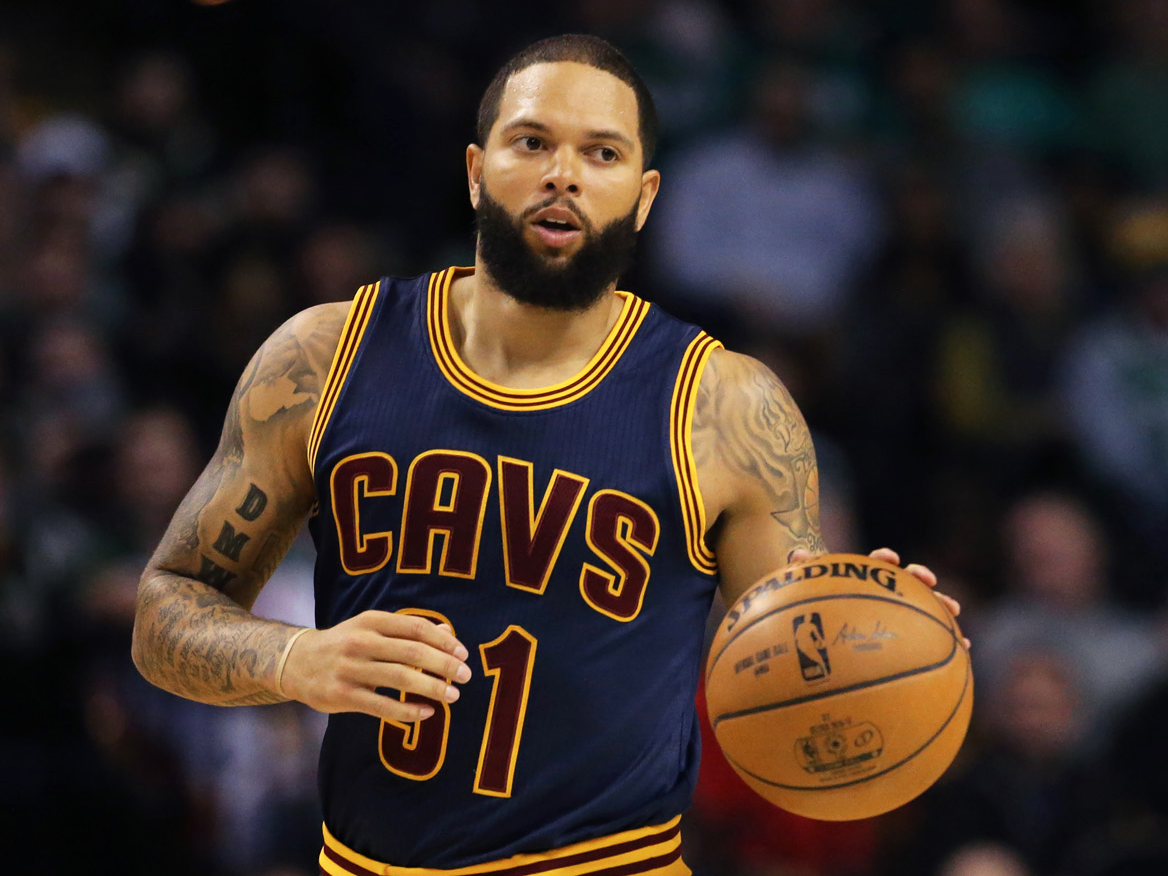The Cleveland Cavaliers were one of the winners of the NBA trade deadline, in part, because they didn’t do anything.
While some teams gave up assets to acquire players, the Cavaliers waited patiently until after the deadline, when teams waived the players they couldn’t trade.
As a result, the Cavs were able to add Deron Williams and Andrew Bogut, two veteran players, who, while dubious as starters, can make meaningful contributions off the bench for a now-stacked Cleveland team.
The Golden State Warriors had a similar, albeit less fruitful experience – they added Jose Calderon, only to waive him after two hours to sign Matt Barnes instead. Either player would have been useful off the bench for the Warriors.
According to ESPN’s Zach Lowe, some NBA teams would like to make a change to this Cavs-Warriors-centric buffet. Executives have reportedly proposed changing the rules after a player goes unclaimed on the waiver wire.
"Team executives have pitched a bunch of solutions to this maybe-not-a-problem. The league could move up the drop-dead date for playoff eligibility - now March 1 - so that it comes before the trade deadline. It could limit buyout signings to one per team. One exec even suggested a 'buyout wire' that would operate like the waiver wire."
...
"Once a player goes unclaimed, he'd move onto the proposed 'buyout wire.' Teams with cap room would get first crack at offering these guys reasonable salaries. Instead of swallowing Bogut's full deal, a team like Houston, flush with $3.5 million in new space, could bid any or all of that amount against other teams with room (or the $2.9 million room exception). Whoever bids the most gets Bogut. If no team with room bids, the capped-out teams - like Cleveland - can have at him, perhaps in reverse order of record."
Currently, when teams waive players, those players go on a 48-hour waiver wire, where teams under the salary cap can claim them. However, as Lowe notes, teams have little incentive to spend money on players (usually with higher salaries) when they've been cut for under-performing. Those players, if they go unclaimed, become free agents, and often times sign with the best teams. As of late, it's turned into a rich-get-richer situation.
As Lowe notes, some of the proposed scenarios limit the player's freedom to choose a team, which seems unfair. However, perhaps with a tweak of the rules, the NBA could make it more financially beneficial for a player to go to a team that isn't one of the top championship contenders, like Cleveland and Golden State. And if those teams want to bolster their roster with bought-out veterans, then they'll have to clear up the cap space to get them or spend more.
Ultimately, teams will have to get clever to fix this issue. But it may be worthwhile, particularly as the league looks increasingly top-heavy.

